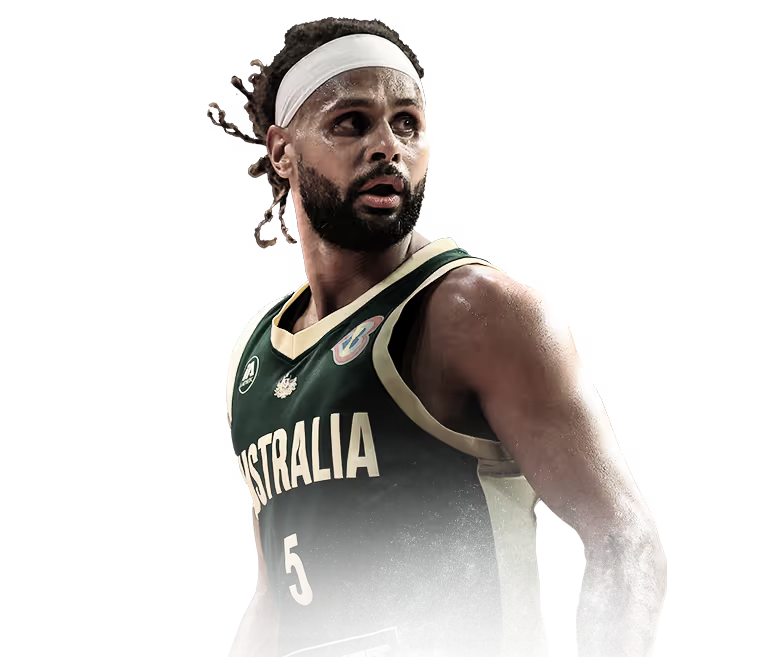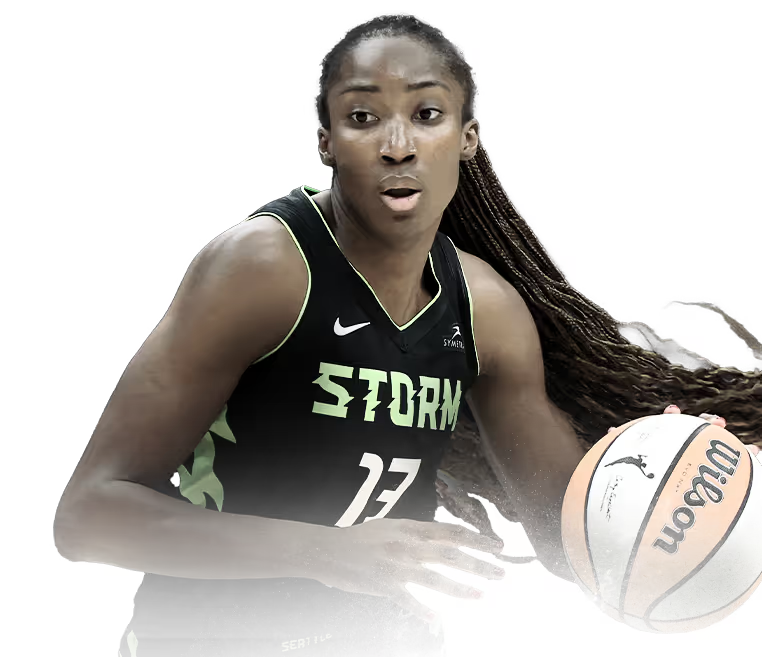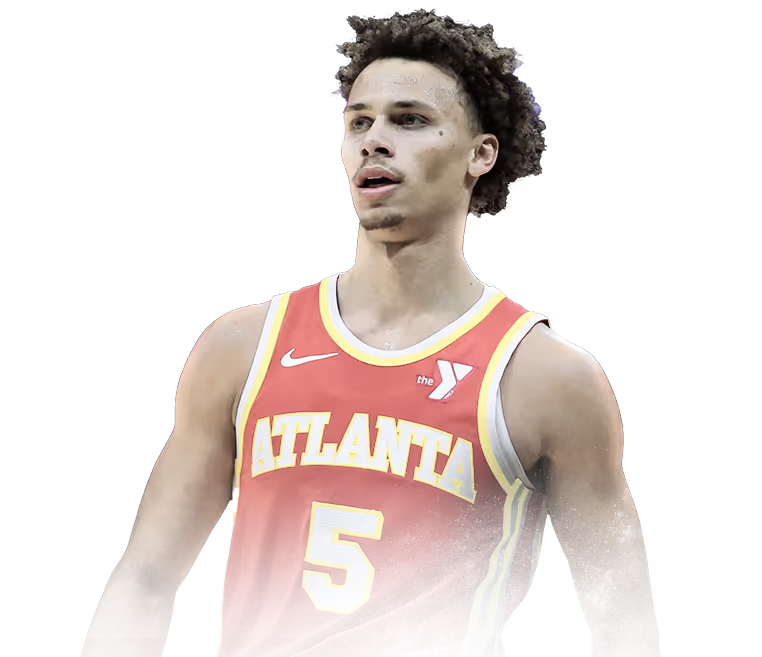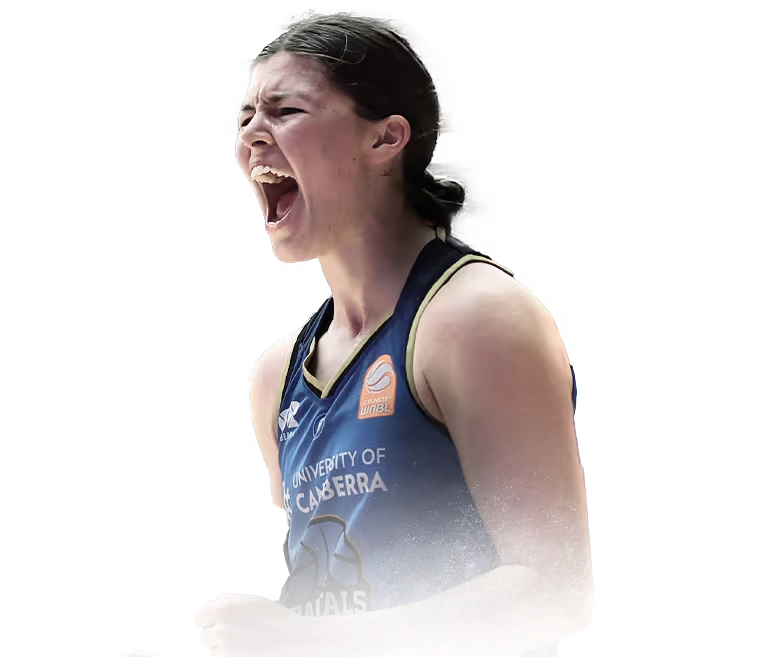

22
May
Exclusive
Shawn Dennis' long road to calling Japan home
Nagoya Dolphins coach Shawn Dennis opens up on his journey from the NBL to the Japan's B.League.
- Shawn Dennis is the head coach of the Nagoya Dolphins in the Japan B1 League
- He last coached in the NBL with the Townsville Crocodiles in 2016
- Dennis played in the NBL for the Newcastle Falcons before becoming a coach
Nine years ago, Shawn Dennis was out of a job.
He was building something special at the Townsville Crocodiles after 15 years between top jobs in the NBL, he had "the best young talent in Australia" but then the iconic North Queensland club folded.
It left Dennis trying to figure out what was next after more than a decade and a half of working his way back up the coaching ranks to showcase what he could do as the leader of a program at the elite level.
"We obviously had Nick (Kay), we had a verbal agreement with Mitch McCarron to come in... we had Mitch Norton returning, Clint Steindl was returning, and we'll never know what that could have become of that," Dennis told basketball.com.au from Japan.
Dennis' coaching journey started while he was still a player at the Newcastle Falcons in the early 1990s, where then head coach Tom Wiseman asked him to be his video coordinator. He progressed to become a full-time assistant at the Falcons in 1996 before Wiseman took a coaching job in Japan, thrusting a 31-year-old rookie coach into the lead chair at Newcastle.
Something Dennis said he definitely wasn't ready for.
"Like most young coaches you think you are ready until you get into that hot seat and you go, 'oh my gosh, this is crazy'," he said.

But when his Newcastle tenure finished at the end of the 1998 season, the Swan Hill-born Dennis never thought it would be so long before he would have the chance to be a head coach in the NBL again. In fact, it was so long, Dennis even contemplated if he wanted to be a coach anymore. But like the teams he has coached are known for, he put his head down and showed incredible persistence to chase his passion — taking any job he could to show he could lead a program, including a seven-year stint in New Zealand.
"I hold the horrible, horrible record of the most amount of days in between head coaching jobs in the NBL from the end of 98, through to 2013 in between my head coaching jobs," Dennis said.
"To become a head coach takes great sacrifice and I think that's something young coaches need to understand. If you think just being given opportunities is going to happen, it's not. You've got to go and find them, and it might mean moving to another country.

"You read about what Nick Nurse did in his journey to the NBA, and he talks about going to every camp and just taking any job he could just to get experience. That's what coaches are going to have to do, junior coaching alone isn't going to be enough.
"You've got to do more, and you've got to show you can run a program. That was why I went to New Zealand because I wanted to show I could go and run a program. I spent seven years at Hawke's Bay and we had some terrific times and terrific success, but it showed people that 'hey, this guy can run a team'.
"When I was coaching in New Zealand, I was literally pouring beers at the owner's bar to make ends meet in the offseason because you couldn't make enough money just coaching."
Despite how hard it was, that experience led to Dennis becoming an assistant coach for Rob Beveridge at the Perth Wildcats, where they won an NBL title. A stepping stone he would use to return to the head coaching ranks with the Crocodiles in 2013.
But three years later, disaster struck and Dennis as well as his wife Lani, were facing uncertainty with the demise of the Crocodiles before his close relationships and connections with two former mentors would change his life forever.

"It's funny how it unfolded, I'm not too sure how many people know the story, but Townsville closed the doors, and I didn't have a job and at that stage there was only eight teams in the NBL and obviously there were no jobs available," he said.
"I didn't know what I was going to do and Rob Beveridge had been part of a FIBA review of Japan basketball because they got the Tokyo Olympics and FIBA stepped in and basically said 'you're not good enough to automatically qualify'. So, they did a review... and said all coaches have to be licensed to coach in the B League. They started different clinics to educate coaches and to help them get their licences.
"Myself and a Serbian coach came over and did the very first one and I only got that opportunity because Bevo was asked to do it, but he couldn't and he put my name forward. I came over and did this clinic, it was about 10 days long with the coaches and in that, the assistant coach of Tom Wisman who was now the head coach of (Link) Tochigi Brex, liked what they saw.
"I went home and I was in Perth, I was staying with Lani's parents at the time and I got a phone call from Tom saying there might be a job. Obviously I didn't have a job and was desperate for a job."
Dennis joined Link Tochigi Brex as an assistant in the Japan B League and as he says "the rest is history". He's been in Japan for the entirety of the B League, later joining Shiga Lakes as the head coach for four seasons before joining one of the competition's heavyweights, the Nagoya Dolphins in 2021, where he still has two seasons remaining on his contract.
"I've just watched the game grow and grow and grow and it's exciting being here. Basically now, Lani and I call Japan home and it's been so exciting to watch the growth of the league, the growth of the coaches," Dennis said.
"I think my first year here as assistant coach to Tom and I think there was two or three foreign head coaches. There's now 13 or 14 in the division one. The level of import just keeps climbing and climbing and the money's gotten better obviously."
Dennis' Nagoya Dolphins narrowly missed the playoffs this past season, finishing ninth, and while he and his family call Japan home and have no plans to move or return to the NBL, he knows never to say never as a professional coach.
"In this game, as I said, you never know, if I have another season like I did this year, I don't think I'll have a job here in Nagoya. So, I'm realistic about that side of it, too, that you need to make sure you win.
"We're building a life here in Japan, I don't see us leaving anytime soon... I know for the rest of my life, I'll coach this game at some level."
Despite the NBL not being part of his immediate plans for the future, it still has a special place in his heart and Dennis has one concern with the direction of the league as it trends more towards a breeding ground for American coaches rather than a pathway for aspiring Australian coaches to reach for.
"It's very disappointing that we can't find qualified coaches that are from our own country to coach in the NBL. I don't like a lot of things how the NBL's basically becoming the NBA. Now, they're talking about this in-season tournament. What for? What's the point of that?
"You can't knock how the NBL's been saved, it's amazing.
"If it wasn't for Larry, I think it'd be still floundering along and maybe not even exist. That has to be acknowledged. But it is becoming more about entertainment and obviously building those ties with the NBA to try and increase exposure of the league, I guess.
"It's also helped probably bring some high-calibre players into the league that maybe wouldn't have come if there wasn't that exposure to the NBA. All those things are good. But you can't tell me that there's not Australian coaches there who could do just as good a job."
"People will talk about it and say, 'well Justin Schueller got his job at the Bullets'. I thought he did a great job and he was evolving and all those things.
"People will say the Australian coaches aren't good enough. Well, they are. How about you give them a decent team and the right players and you might see a difference."
His passion for seeing pathways for young Australian coaches seems just as important as his passion for the game in general.
And while we haven't seen Dennis coach on home soil in almost a decade, it is clear he is one of the pioneers of the Australian influx into Japan and should be recognised as such.
Exclusive Newsletter
Aussies in your Inbox: Don't miss a point, assist rebound or steal by Aussies competing overseas. Sign-up now!





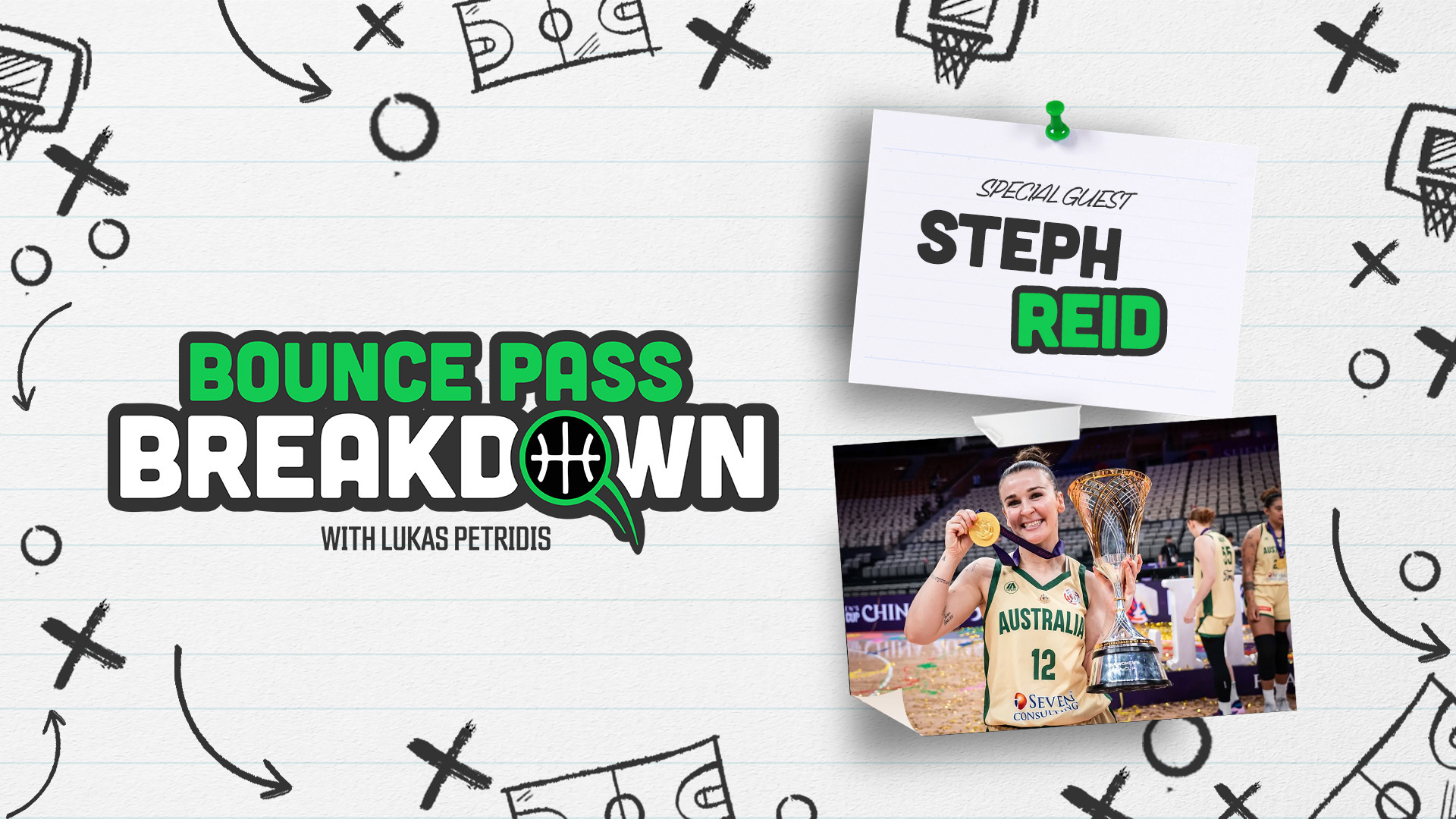

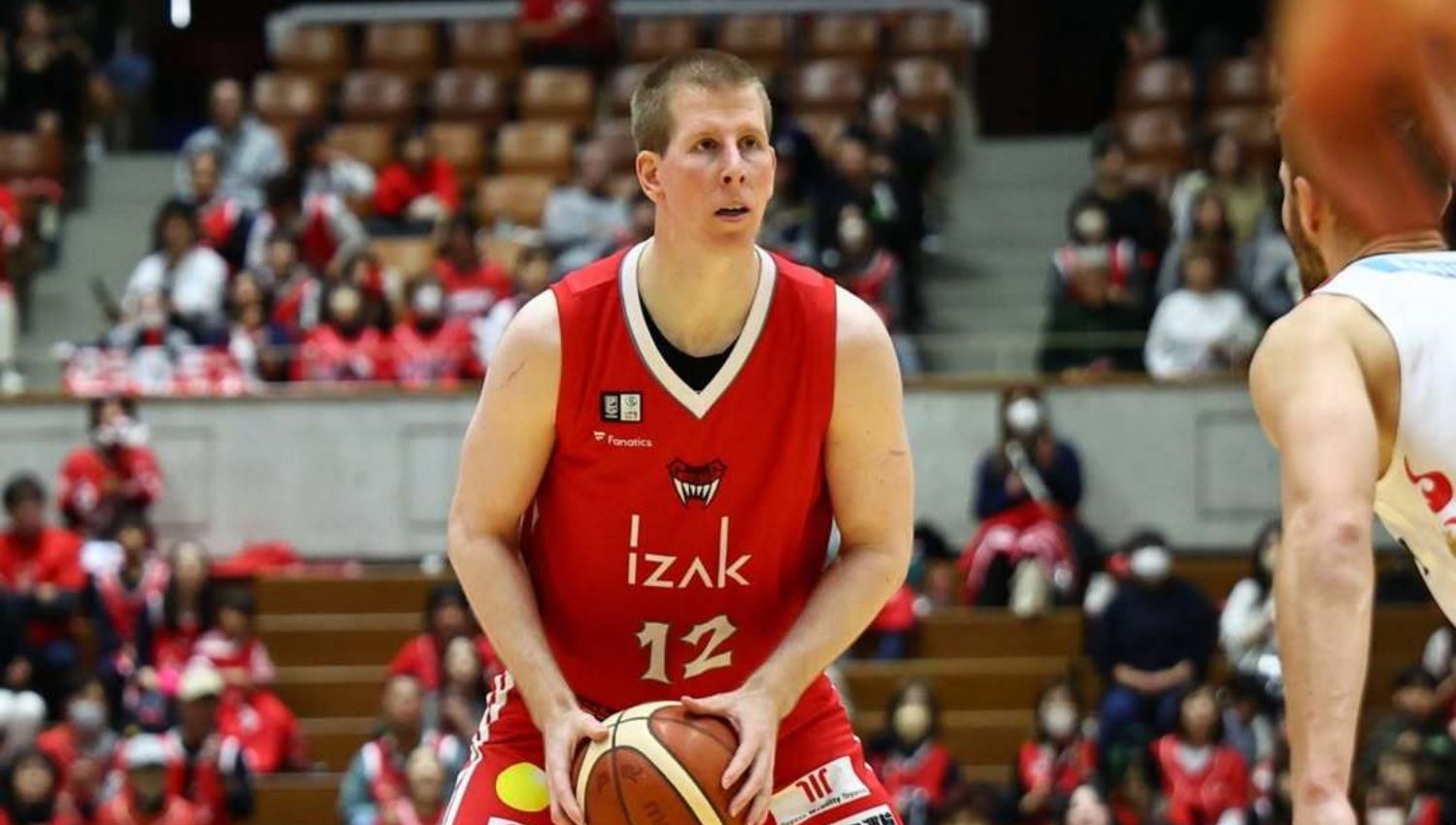
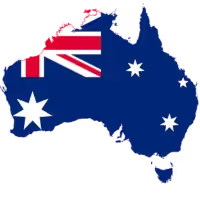
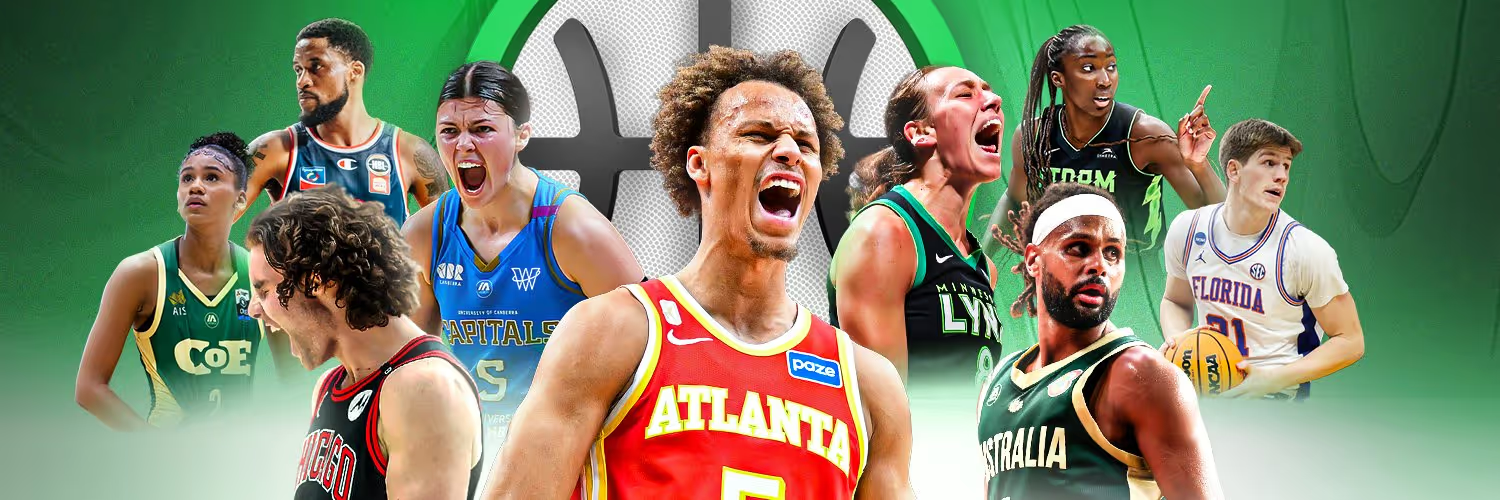
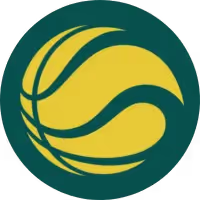
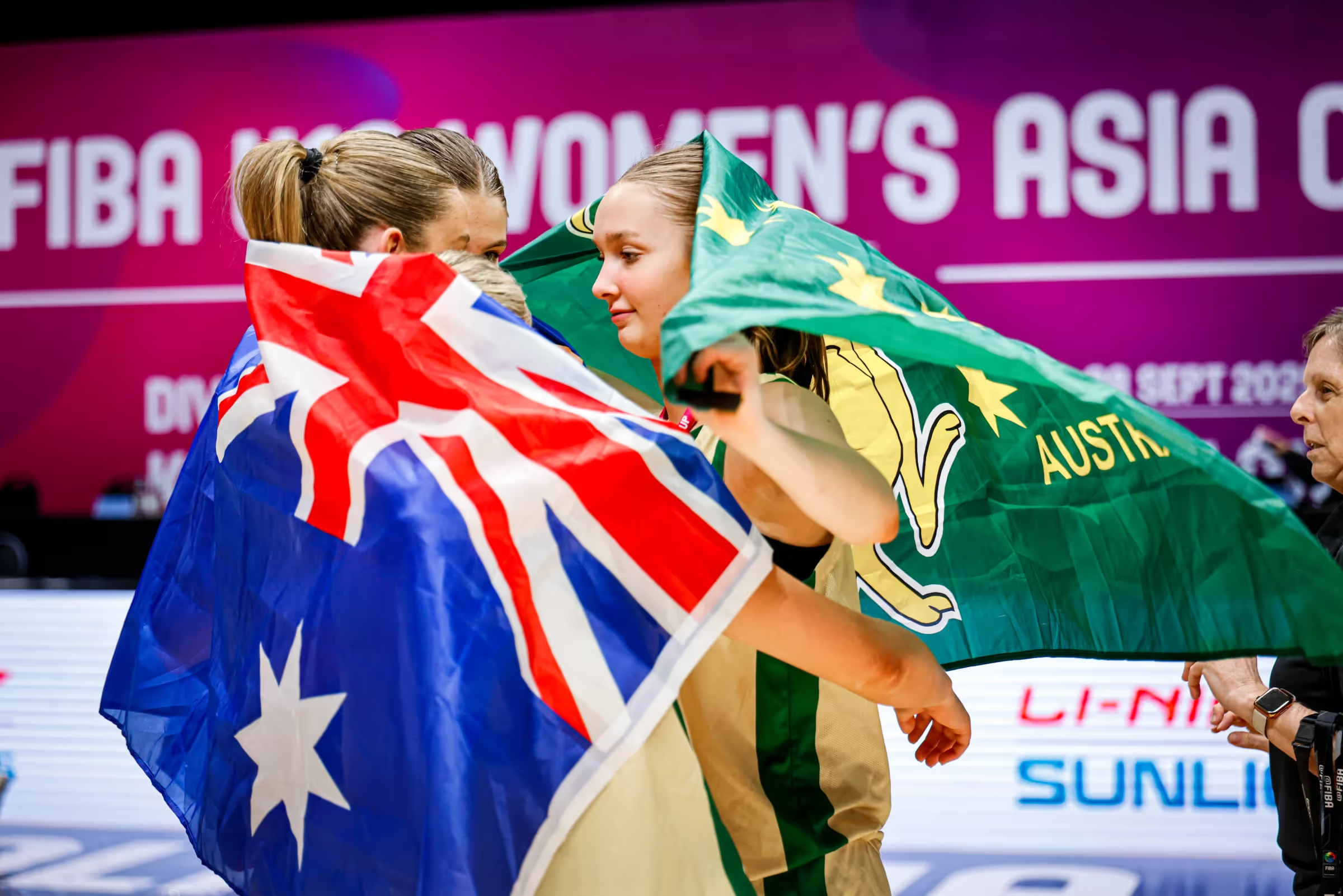

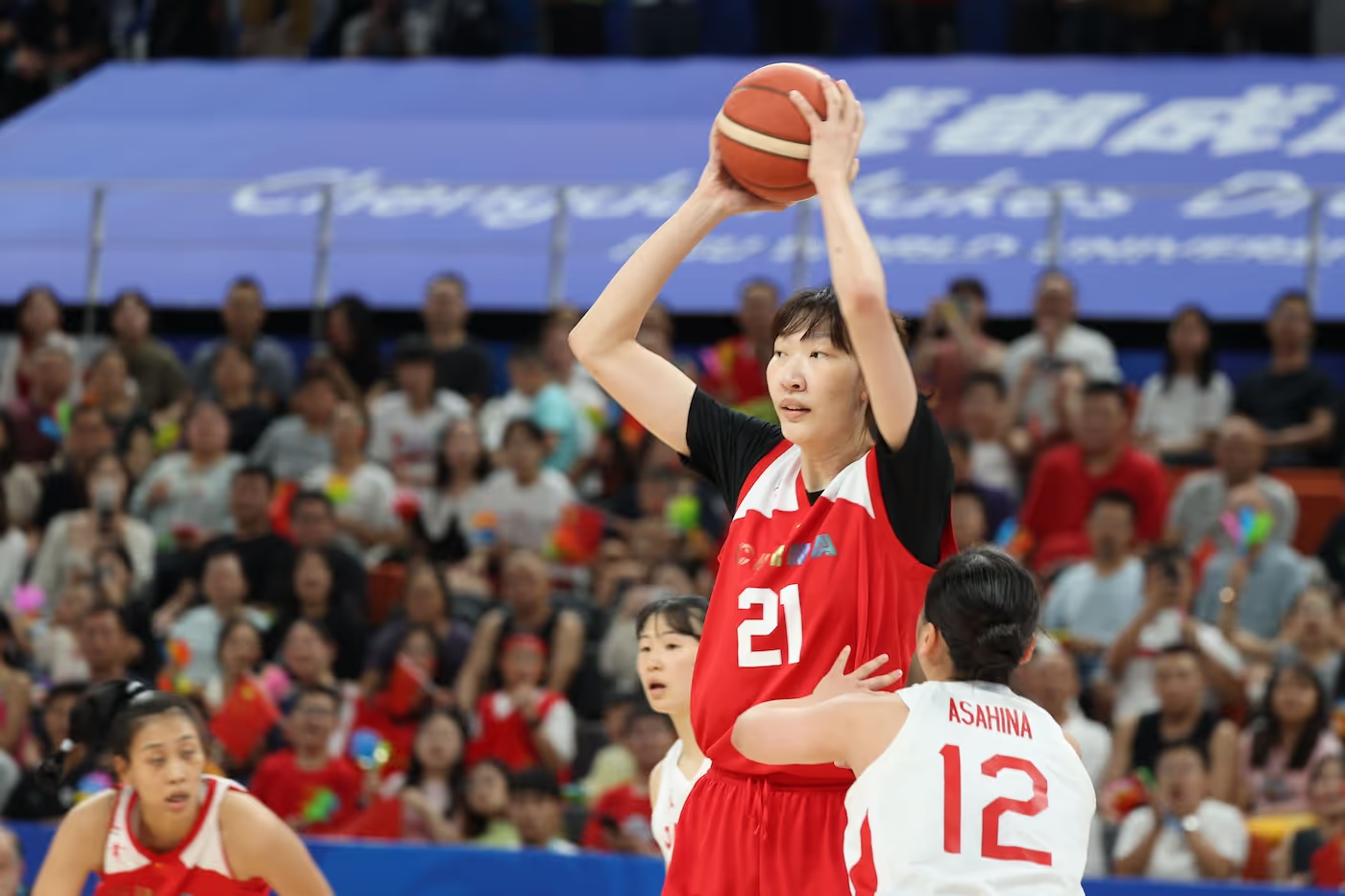
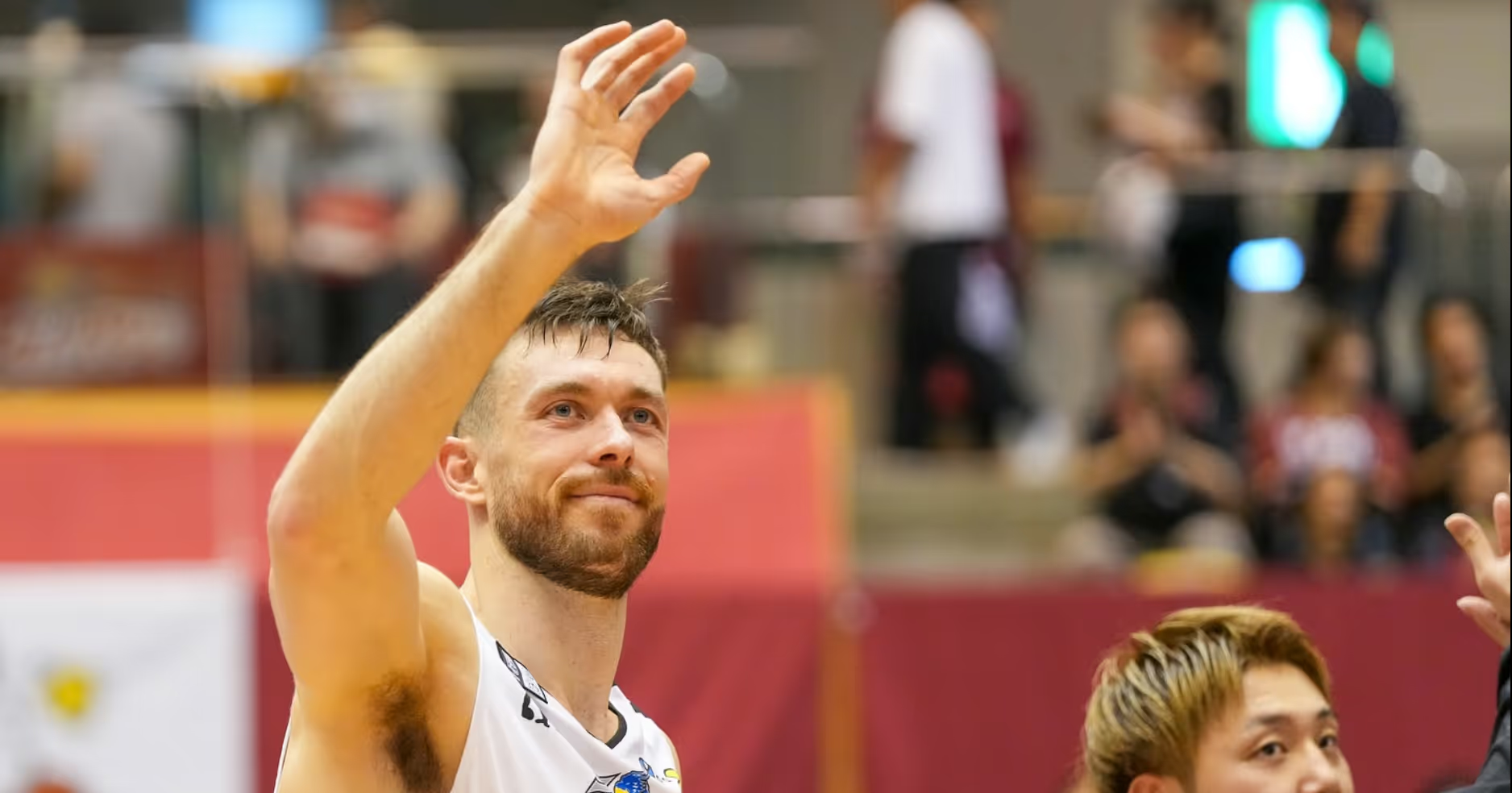
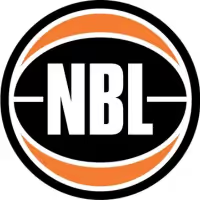
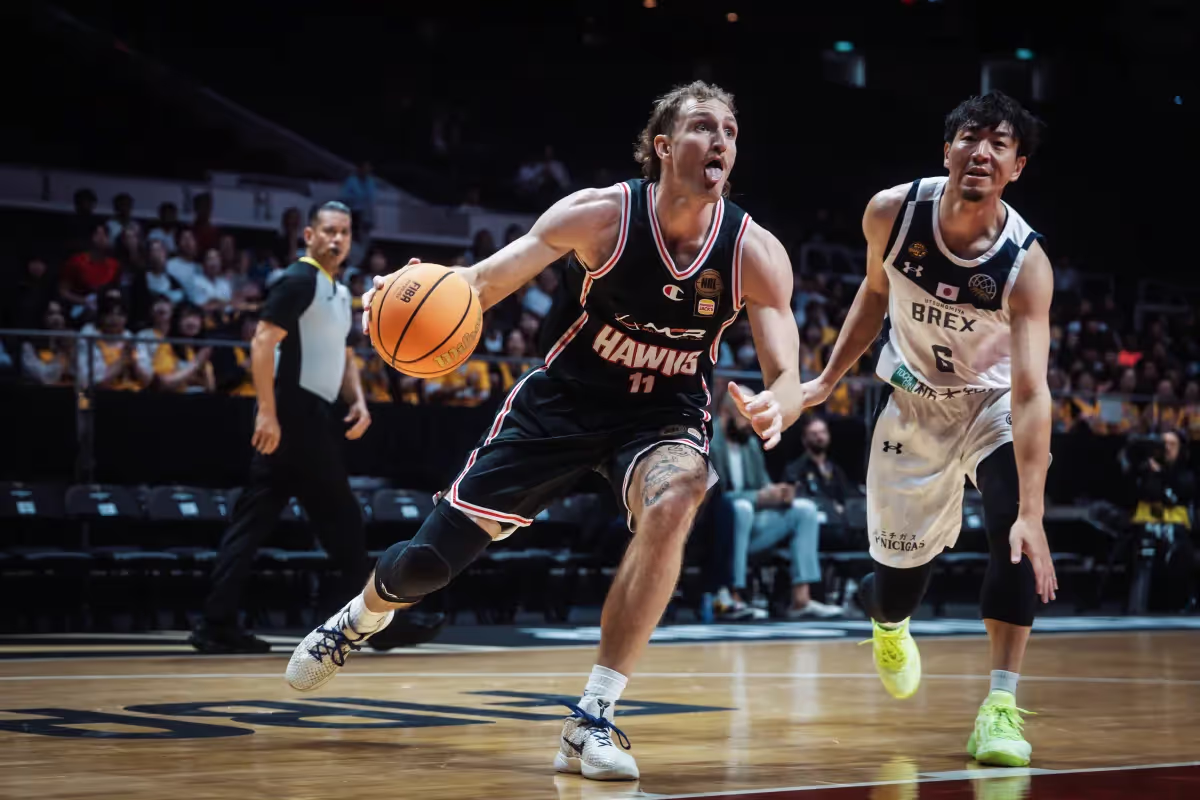
.avif)
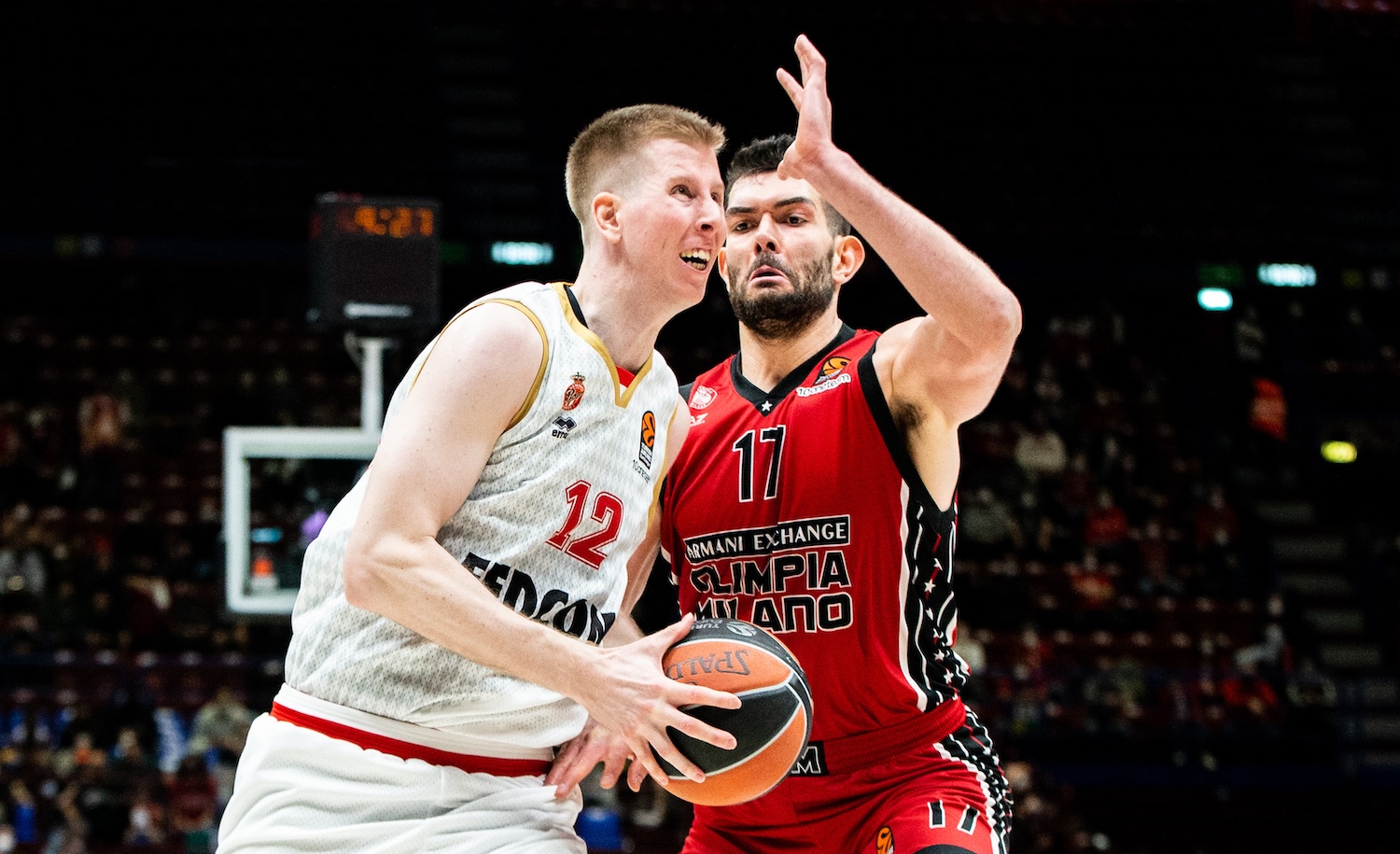

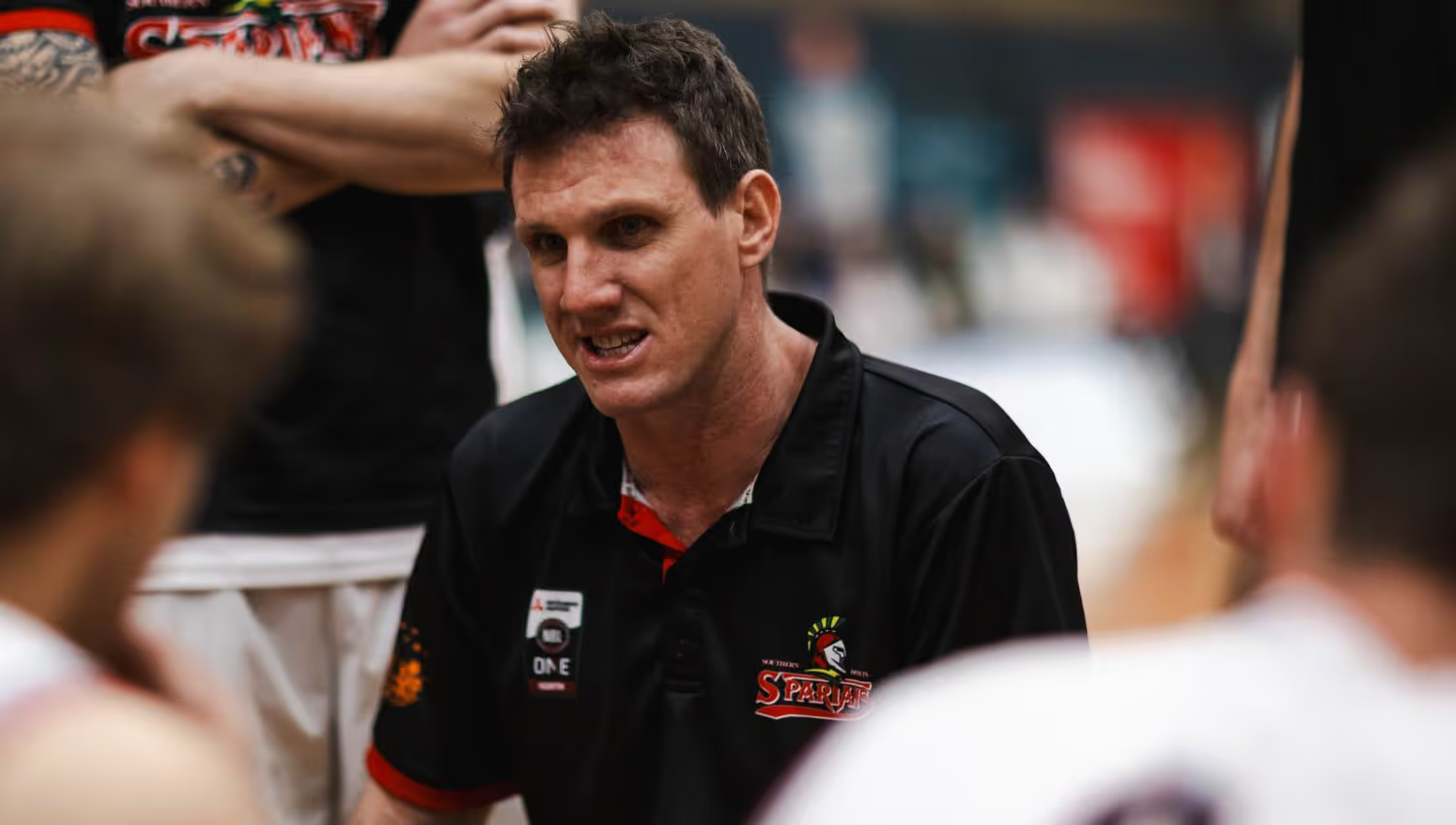
.avif)
.avif)
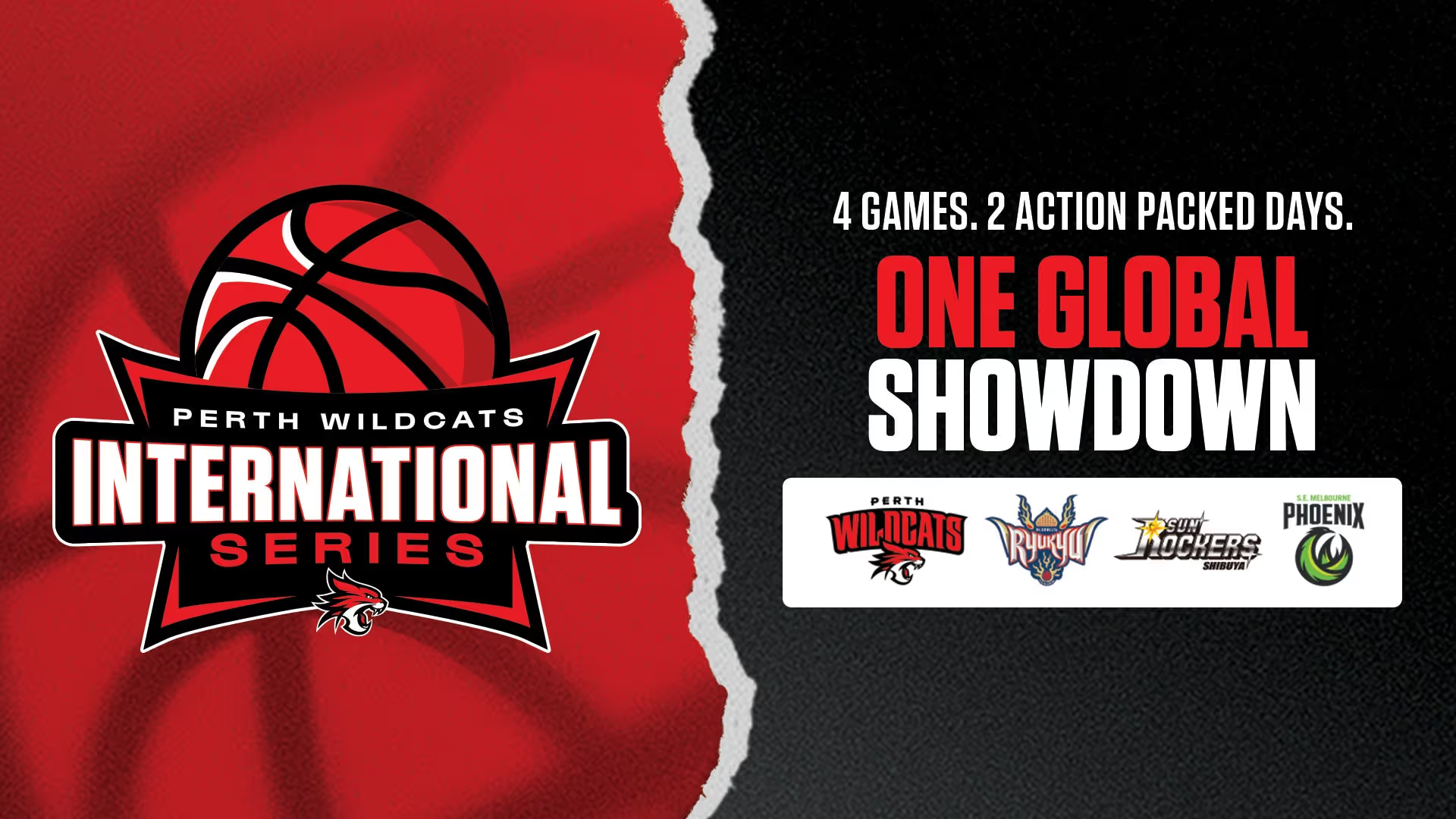

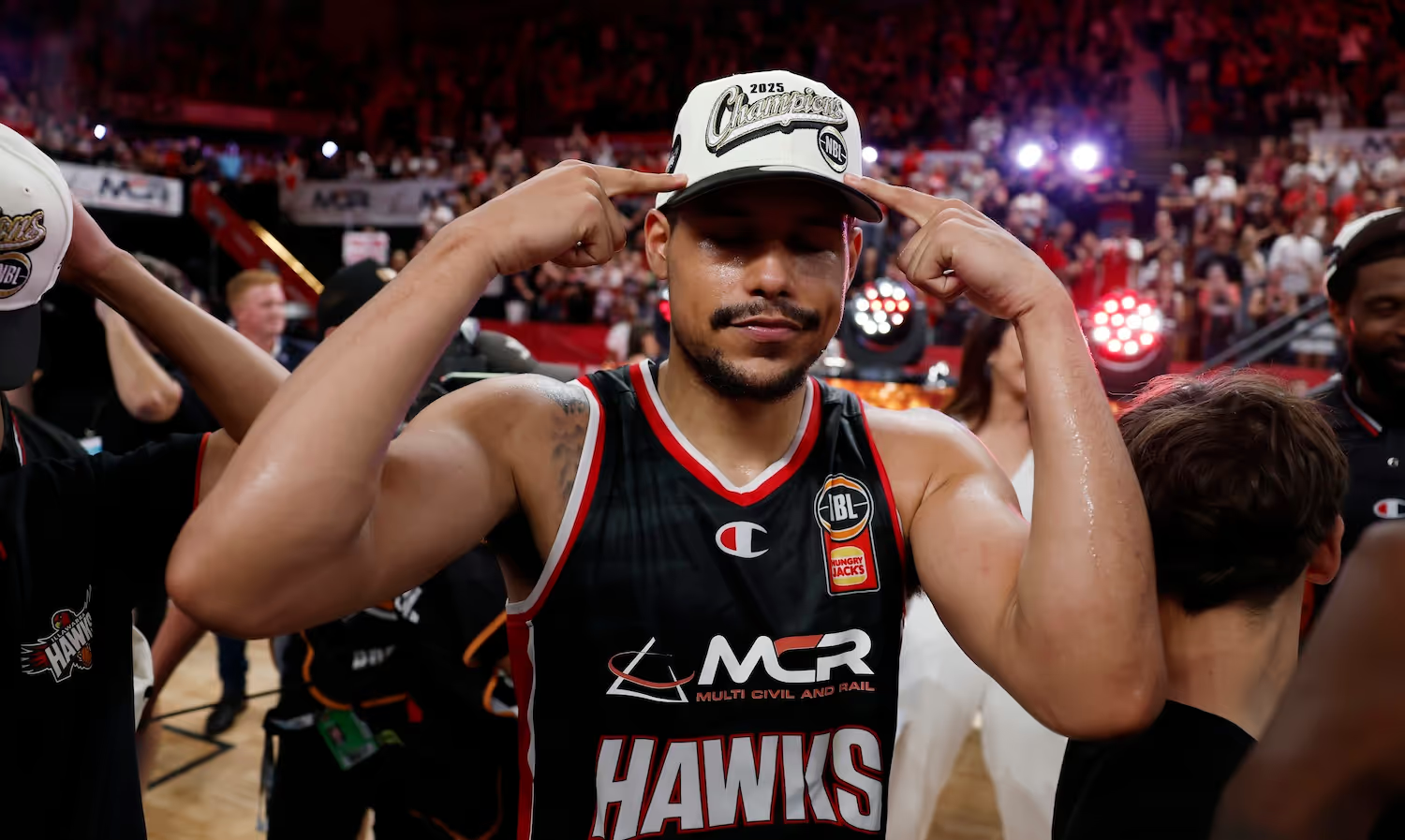
.avif)

.avif)


